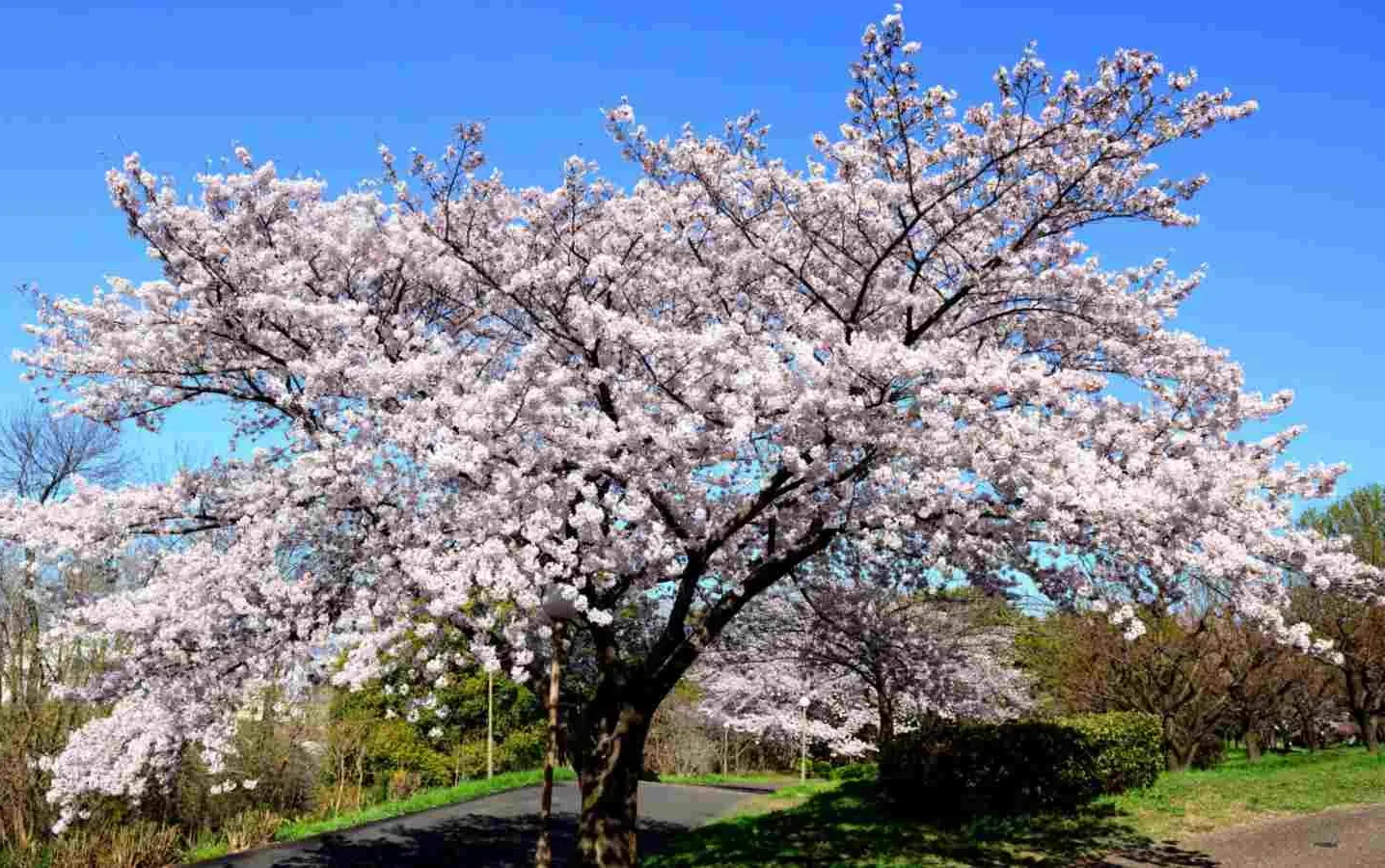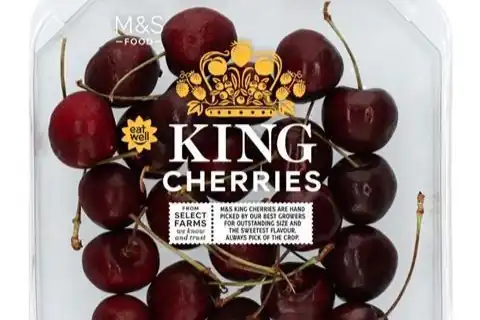In recent developments in a years-long conflict over Canadian-bred cherries, the District Court for the Eastern District of Washington has vacated a prior order invalidating a U.S. plant patent over the Staccato cherry tree variety. This decision marks a significant turn in the ongoing legal battle between Agriculture and Agri-Food Canada (AAFC) and several U.S. growers, and highlights several important intellectual property considerations for developers of new plant varieties.
Background on the Staccato cherry
The Staccato cherry tree variety was developed in British Columbia and is the subject of U.S. Plant Patent No. 20,551, owned by AAFC. Staccato cherries mature later than most other commercial cherry tree varieties – about 27 days after Van and Bing cherries, and about 8 days after Sweetheart cherries – extending the harvest season and offering considerable advantages for farmers.
In May 2020, AAFC sued U.S. defendants Van Well Nursery Inc., Monson Fruit Company, and two farmers for alleged infringement of the ’551 patent. AAFC had provided Van Well with Staccato, subject to an agreement to test and evaluate the variety without distributing or selling it. Van Well had also acquired a different AAFC-bred variety, Sonata, subject to a separate agreement to propagate, market, and sell the variety.
Sometime thereafter, a U.S. farmer purchased Sonata from Van Well, but accidentally also received Staccato. AAFC asserted that its agreement with Van Well expressly prohibited Van Well from distributing or selling Staccato. Upon noticing the ripening differences in one of the supposedly Sonata trees, the farmer proceeded to propagate the plant and ultimately obtain patent protection (U.S. Plant Patent No. 22,693) for what was believed to be a new, late-ripening cherry tree variety (then named “Glory”). Genetic tests later confirmed that Glory was identical to Staccato.
Initial invalidation of the patent
In December 2022, the court invalidated the ’551 patent for Staccato under (pre-America Invents Act) 35 U.S.C. § 102(b). Her Majesty the Queen in Right of Canada v. Van Well Nursery, Inc., 649 F. Supp. 3d 1055 (E.D. Wash. 2022). A spreadsheet from a U.S. grower (Stemilt) apparently showed a commercial sale of 18,200 pounds (circa 8,255 kg) of Staccato for $2.0705 per pound (circa €1.95 per pound) in 2000 (over one year prior to the March 6, 2003 filing date of the ’551 patent). The spreadsheet listed “Stocata” and not “Staccato”, but a test grower on behalf of Stemilt confirmed that this was a mere misspelling based on pronunciation.
Reinstating the patent
As it turns out, the “Stocata” sales on the spreadsheet were of Sonata cherries, not Staccato. In January 2025, the plaintiff filed a motion for reconsideration on the grounds that the District Court’s order invalidating the ’551 patent was based on false evidence. The spreadsheet that was previously shown to establish prior sales had been submitted as a PDF copy of an Excel file, which excluded the first 10 rows of the original spreadsheet.
The first 10 rows of the Excel file revealed that the spreadsheet referenced both “Stocata” and “Sonata”, with the cell formulas indicating that the “Stocata” values were calculated from the “Sonata” side of the sheet. Given that the spreadsheet contained no evidence that Staccato had been sold in 2000, in March 2025, the court granted the plaintiff’s motion for reconsideration and vacated the prior order invalidating the ’551 patent based on prior sales. Her Majesty the Queen in Right of Canada v. Van Well Nursery, Inc., No. 2:20-CV-00181-SAB, slip op. (E.D. Wash. Mar. 12, 2022).
This order only narrowly dealt with the issue of the spreadsheet and no other possible grounds of invalidity, as the complete Excel file raised genuine issues of material fact regarding the nature of the sales in 2000.
Next steps and takeaways
The court has since denied the defendants’ subsequent motion for reconsideration, and in May 2025, the parties requested that the matter be referred for settlement proceedings. This case highlights the importance of securing intellectual property protection for new plant varieties. Developers should consult with IP counsel to assess strategy and best practices for protecting new plant varieties on a case-by-case basis.
For example:
- Agreements with third parties for testing or evaluation may be drafted to include appropriate safeguards, even if patent or plant variety rights (PVR) protection is already in place.
- Including provisions that reserve control over the variety for the developer can be particularly useful, such as:
- Prohibiting the distribution of plant material to other parties, or attaching liability to potential distribution;
- Requiring third parties to provide status updates or audits on plant material in their possession; and
- Regulating the propagation of the plant material and ownership rights over any derivatives of the variety.
In contrast to patent protection, securing PVR protection for a new variety can help protect developers from consequences relating to unauthorized sales of the variety, based on different statutory requirements and bars to protection.
The timing of filing for patent and/or PVR protection for a new variety should be carefully balanced to maximize the term of protection during a commercially relevant window yet minimize the risk of activities that may bar protection (e.g., distribution, sale, or offer for sale).
Image source: World Fresh
Dott. Michael Ward, Anita Choi, Caressa Tsai, Cory Ellison
Morrison & Foerster LLP
Cherry Times - All rights reserved










